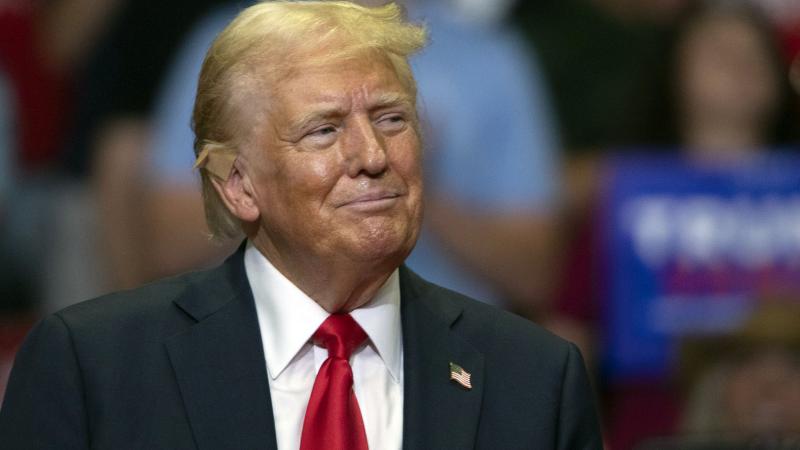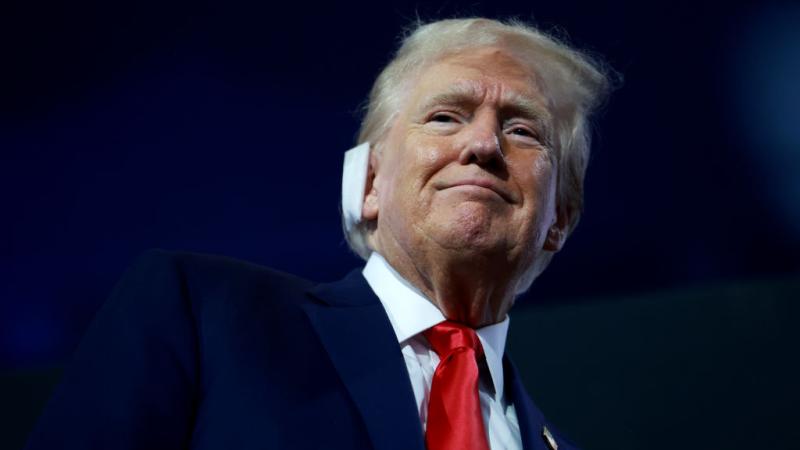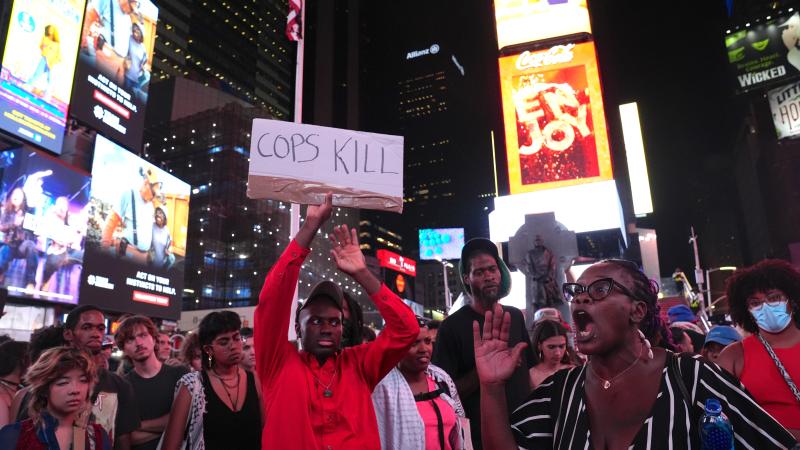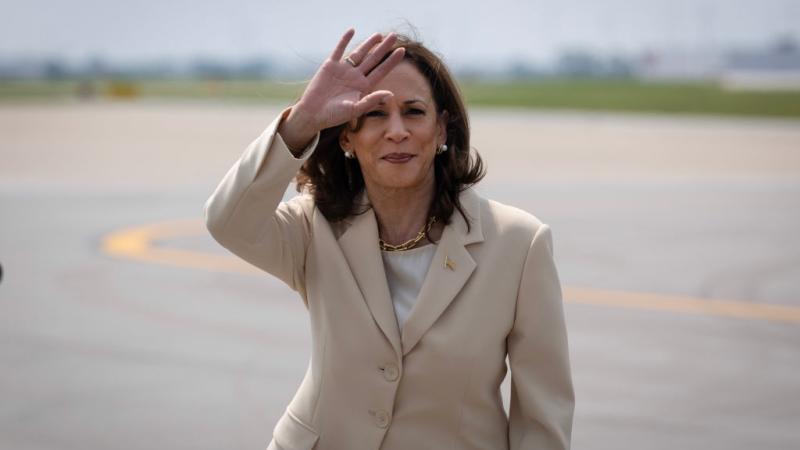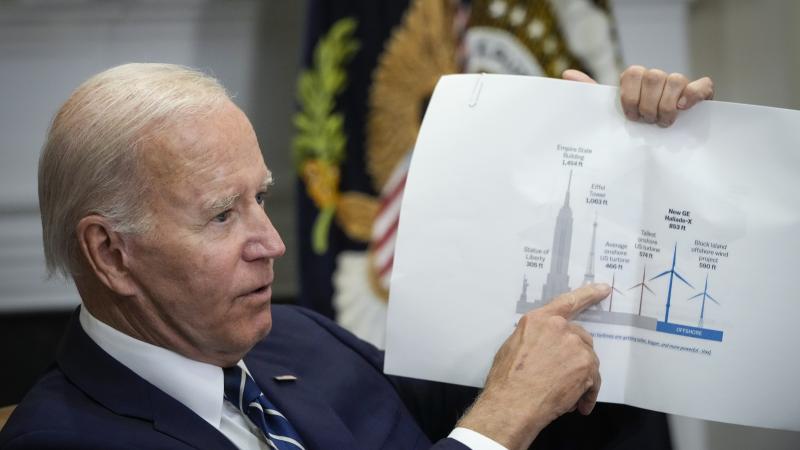Wisconsin Supreme Court rules state erred by giving blanket exemption to voter ID rules during COVID
Ruling opens door to challenge potentially tens of thousands of ballots in state where difference between Biden, Trump is just about 20,000 votes.
The Wisconsin Supreme Court ruled Monday that state and local election officials erred when they gave blanket permission allowing voters to declare themselves homebound and skip voter ID requirements in the 2020 election, potentially opening the door for Republicans to challenge tens of thousand of ballots.
In a case challenging the practice in Dane County, one of Wisconsin's large urban center around the city of Madison, the state's highest court ruled only those voters whose "own age, physical illness or infirmity" makes them homebound could declare themselves "indefinitely confined" and avoid complying with a requirement for photo ID.
The mere existence of a COVID-19 pandemic and shutdown orders was not sufficient under Wisconsin law for all persons to skip the voter ID requirements to seek to vote absentee, the justices ruled.
"We conclude that both the contention that electors qualify as indefinitely confined solely as the result of the COVID19 pandemic and the declared public health emergency and the contention that Wis. Stat. § 6.86(2)(a) could be used for those who 'have trouble presenting a valid ID' are erroneous because those reasons do not come within the statutory criteria," the court ruled.
In so doing, the court ruled that local officials like Dane County and Gov. Tony Evers did not have legal authority to exempt all voters to get an absentee ballot without an ID. Evers had issued an executive order earlier this year.
"We conclude that [Evers'] Emergency Order #12 did not render all Wisconsin electors 'indefinitely confined,' thereby obviating the requirement of a valid photo identification to obtain an absentee ballot," the majority ruling concluded.
The court filings indicated nearly 200,000 voters declared themselves permanently confined in the state's spring primary, a marked rise over prior years, and even more did so in the general election. The ruling opens the door for Republicans to potentially challenge those votes if it can be shown the voters weren't sick or elderly as required by the law.
The ruling came the same day that the state Supreme Court rejected the Trump campaign's request to set aside the voting results showing Joe Biden winning the state.



